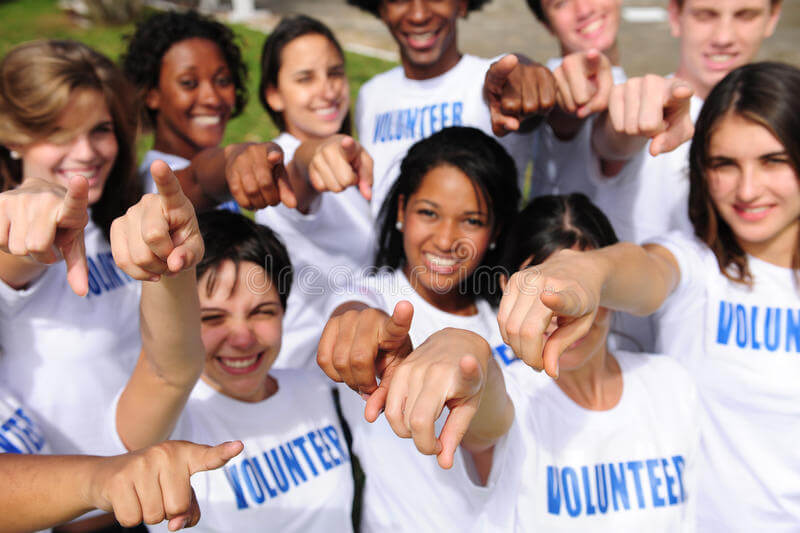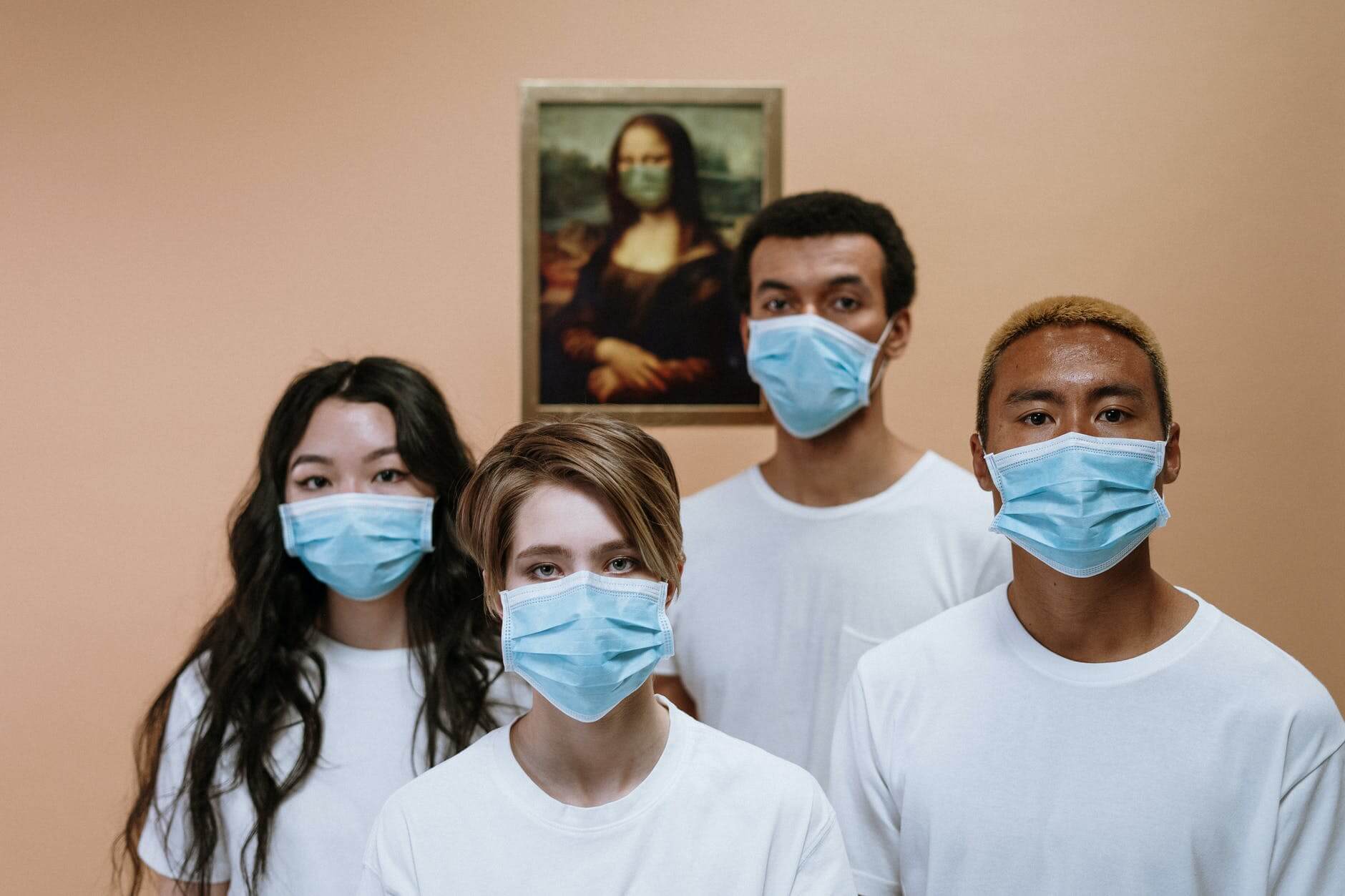News | European Parliament
-
Higher quality of activities and better conditions for volunteers
-
Mandatory plans to include people with fewer opportunities
-
Higher age limit for those volunteering in humanitarian aid
On Friday, Parliament and Council reached a political agreement on the European Solidarity Corps for 2021-2027, worth more than one billion EUR.
“Today’s agreement is excellent news for young people in the EU and beyond. The programme will start in January 2021 and Parliament managed to secure many gains for volunteers. Volunteering will the main activity of the programme, which has been our priority from the very beginning. We are now able to guarantee a higher quality of volunteering activities, by obliging hosts to offer new, useful skills and competences. Similarly, from now on we will be able to include many more people with fewer opportunities”, said Michaela Šojdrova (EPP,CZ), rapporteur on the European Solidarity Corps (ESC).
More value and better conditions for volunteers and target groups
MEPs ensured that host organisations will need to prove the quality of the volunteering activities on offer, with a focus on learning, and gaining skills and competences. Similarly, the organisations will need to prove they comply with occupational health and safety regulations.
Parliament also succeeded in better protecting target groups. Special clearance will be needed for volunteers working with children and people with disabilities. Programmes will also be required to prove that they contribute to positive societal changes in local communities.
Inclusion of young people with fewer opportunities
Thanks to MEPs, the Commission and member states will have to present how they plan to include people with fewer opportunities. Young people will be able to volunteer in their own country, in particular those with fewer opportunities.
Higher age limit for humanitarian aid volunteers
Since humanitarian action poses specific challenges, MEPs insisted that the age limit of humanitarian aid volunteers be extended to 35 with a possibility to hire experts and coaches without the age limit.
Greener volunteering
In line with the European Green Deal, volunteering activities will have to respect the “do no harm” principle and the programmes will later be evaluated taking into account their contribution to the EU’s climate objectives, such as choosing climate-neutral means of transportation.
Next steps
The agreement reached today still needs to be formally approved by both Parliament and Council.














